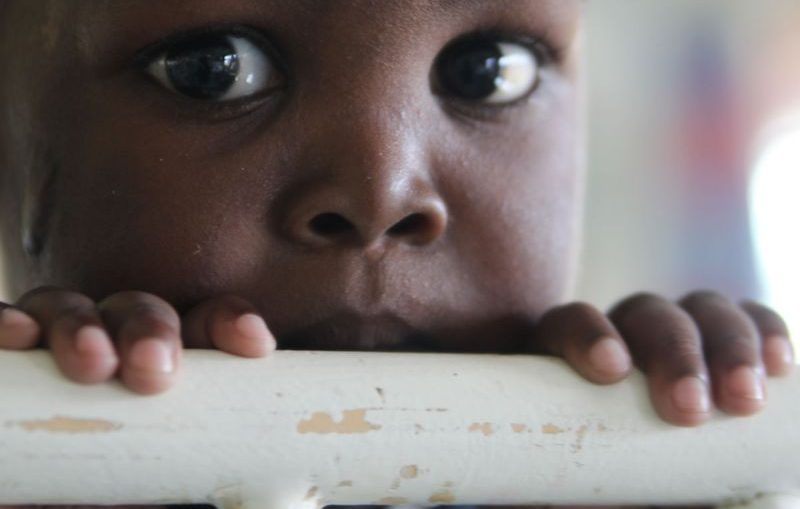Every September is Childhood Cancer Awareness Month; so this week, attention is on every child suffering from cancer. Childhood Cancer is an annual international awareness month which raises support, funding and awareness of childhood cancers and the impact for sufferers and families of sufferers of childhood cancer. It runs from 1st to 30th September.
The World Health Organization estimated that, up to 300,000 children are diagnosed with cancer yearly; and 80 per cent of them live in low and middle-income countries like Nigeria. According WHO, only 20% children living with cancer can be cured in many Lower middle income countries.
What Childhood Cancer really is? According to the WHO Cancer is a name used to classify a very wide range of diseases in which cells in the body lose their normal structure or function and begin to grow uncontrollably.
There have been reports of various forms of cancer affecting several children around the world. Brain and other central nervous system tumors, Neuroblastoma, Wilms tumor (a type of kidney cancer) Lymphoma (including both Hodgkin and non-Hodgkin), Rhabdomyosarcoma (a cancer that starts in muscle cells), Retinoblastoma (a type of eye cancer), Bone cancer (including osteosarcoma and Ewing sarcoma). Children can also develop other types of cancer. The most common childhood cancer is leukemia which causes bone and joint pain, fatigue, weakness, pale skin, bleeding or bruising, fever, weight loss, and other symptoms.
Childhood cancer is devastating to growth and development in children, devastating to their families and friends. With your support, through the following ways, you could help a child diagnosed with cancer live as normal and varied life as possible despite the illness.
- Encourage children to stay connected with friends and other caregivers during treatment, while they are in the hospital, or if they need to stay at home as a precaution (cancercare.org/blog/caring-for-a-child-with-cancer)
- Prepare Your Child ahead of time: if something will hurt let him or her know. Not doing so may cause your child to become fearful and anxious. If your child is 1 to 2 years old, they understand things they can see and touch. In case you don’t know, infant are diagnosed with cancer. Just find safe ways to let your child play.
- Be specific about how people can support your family: Keep a list handy of things that others can do for your family. For example, people can cook, clean, grocery shop, or drive siblings to their activities.
- Help Your Child Adjust to a New Normal: Your child may spend more time in the hospital and at home during treatment. Bring in comfort items by letting him/her child choose favorite things from home, such as photos, games, and music. These items can comfort children and help them to relax. Many hospitals also have places where patients can play, relax, and spend time with other patients. Do encourage your child to take part in social events and activities that are offered at the hospital.
Imagine parents struggling to make ends meet having a child diagnosed with cancer? Such parent could be trapped between hopelessness and helplessness. Being a parent or guardian to a child living with cancer can be physically and emotionally exhausting. And can be overwhelming especially for parents without financial capacity. Are you a parent or guardian? Do you have a child: son, daughter, cousin, niece, nephew living with cancer? Talk to us in the comment section if you have more suggestion/contribution on how to care for a child living with cancer? Share your experience



